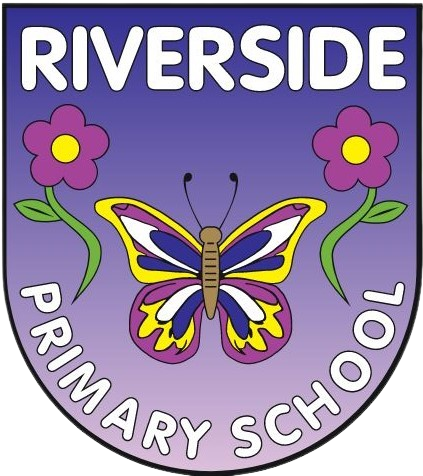Year 5
Health and Wellbeing
Loneliness – can lead to depression, obesity, anxiety and phobias.
To understand how joining a group or having a hobby can keep you active and sociable.
To understand that isolation and loneliness can affect children and that it is very important for children to discuss their feelings with an adult and seek support.
To know how to recognise and talk about emotions including having a varied vocabulary of words to use when talking about their own and others’ feelings.
To understand about the benefits of rationing the time spent online, the risks of excessive time spent on electronic devices and the impact of positive and negative content online on their own and others’ mental and physical wellbeing.
To know why social media, some computer games and online gaming for example is age restricted.
To know how to consider the effect of their online actions on others and know how to recognise and display respectful behaviour online and the importance of keeping personal information private.
To know how to recognise the early signs of physical illness, such as weight loss or unexplained changes to the body.
To know about personal hygiene and germs including bacteria, viruses, how they are spread and treated and the importance of handwashing.
To know the key facts about puberty and the changing adolescent body, particularly from age 9 through to 11 including physical and emotional changes.
To know about menstrual wellbeing including the key facts about the menstrual cycle.
Relationships
Addiction – Respect yourself and to know the dangers of addiction to video games, medicines, alcohol, to know it’s a serious thing. Addiction – Respect yourself and to know the dangers of addiction to video games, medicines, alcohol, to know it’s a serious thing.
To know healthy friendships are positive and welcoming towards others and do not make others feel lonely or excluded.
To know what sort of boundaries are appropriate in friendships with peers and others.
To work collaboratively towards a shared goal.
To know practical steps they can take in different situations to improve or support respectful relationships.
To know how to critically consider online friendships and sources of information including awareness of the risks associated with people they have never met.
To know how to recognise and report feelings of being unsafe or feeling bad about any adult.
How to report concerns or abuse and the vocabulary and confidence needed to do so.
Living in the Wider World
Radicalisation
Radicalisation
To research and discuss and debate topical issues, problems and events that are of concern to them and offer their recommendations to appropriate people.
To consider the lives of people living in other places and people with different values and customs.
To know families in school and the wider world can look different from their family and they should respct differences and understand families are characterised by love and care.
To understand what a stereotype is and how they can be unfair, negative or destructive.
To understand the importance of respecting others even when they are very different from them, make different choices or have different perspectives.
To know the role money plays in their own and others’ lives including how to manage their money and about being a critical consumer.
